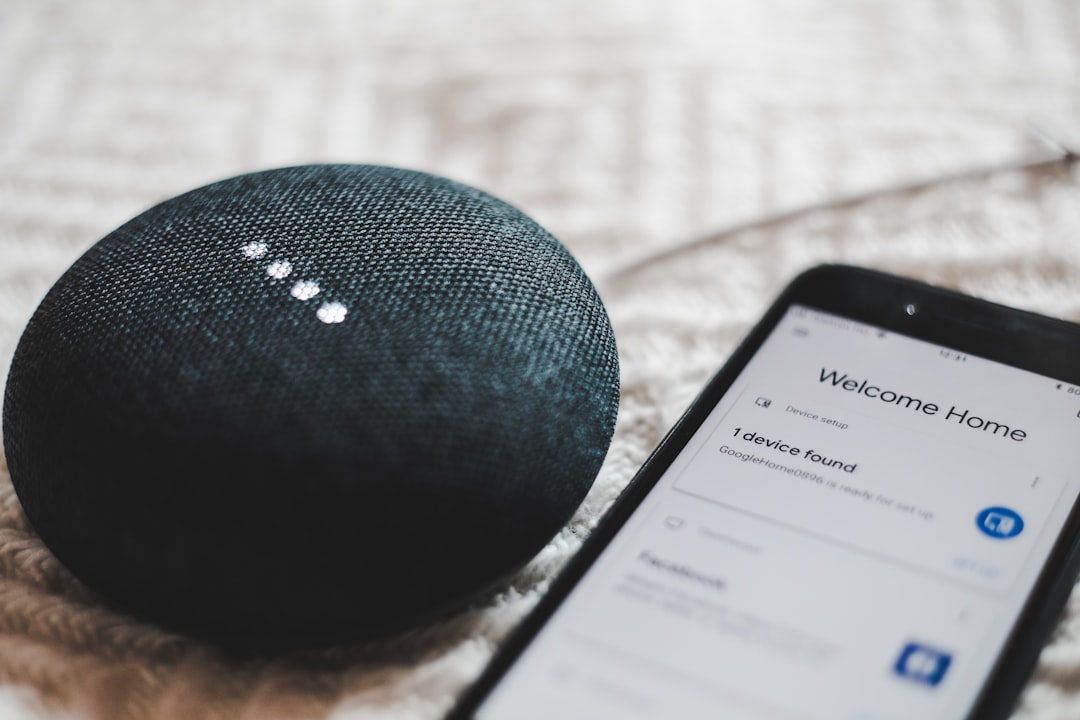In today’s world, where technology is constantly evolving, connected devices have emerged as a game-changer. These devices, also known as the Internet of Things (IoT), are everyday objects that are connected to the internet, enabling them to communicate and share data with each other. From smart homes to wearable devices, the possibilities are endless when it comes to connected devices.
The impact of connected devices can be seen in various aspects of our lives, ranging from our homes to industries such as healthcare and transportation.
Connected devices have revolutionized the concept of smart homes, making our living spaces more convenient and efficient. Imagine being able to control your lights, thermostat, security system, and appliances all from your smartphone. With connected devices, this is now a reality. Smart speakers, such as Amazon Echo and Google Home, act as a central hub, allowing users to control all connected devices with just their voice. From adjusting the temperature to playing your favorite music, connected devices have made our homes more intelligent.
The healthcare sector has also witnessed a significant transformation with the advent of connected devices. Wearable devices such as fitness trackers and smartwatches monitor our health and transmit data to our smartphones or healthcare providers. This real-time data allows for proactive healthcare, enabling doctors to monitor their patients remotely and intervene if necessary. Connected devices also provide individuals with personalized health insights, encouraging them to lead healthier lives by tracking their exercise, sleep patterns, and vital signs.
Transportation is another field that has been greatly influenced by connected devices. From connected cars to smart traffic management systems, these devices are enhancing road safety and optimizing transportation networks. Connected cars not only provide entertainment and navigation but also offer features like real-time vehicle diagnostics and emergency assistance. Smart traffic management systems leverage data from connected devices to monitor traffic flow, detect congestion, and adjust traffic signals, resulting in smoother and more efficient journeys.
The impact of connected devices extends beyond individual sectors; it also has significant implications for businesses. Industrial IoT has revolutionized supply chain management, enabling enhanced efficiency, reduced costs, and improved productivity. Connected devices can monitor inventory levels, track shipments, and automate processes, resulting in streamlined operations and improved customer satisfaction. In manufacturing, connected devices can optimize production processes, detect equipment failures, and enable predictive maintenance, minimizing downtime and saving costs.
As connected devices become more prevalent, concerns about privacy and security are also raised. With the vast amount of data being generated and transmitted, ensuring the privacy and security of this information is of utmost importance. Manufacturers and developers need to prioritize security measures, such as encryption and authentication, to safeguard user data and prevent unauthorized access.
In conclusion, connected devices have the potential to transform the way we live, work, and interact with the world around us. From smart homes to connected cars, these devices are revolutionizing various aspects of our lives. While the benefits are undeniable, it is crucial to address the privacy and security challenges associated with the widespread adoption of connected devices. With advancements in technology, the potential for connected devices is limitless, and we are only beginning to scratch the surface of its possibilities.



